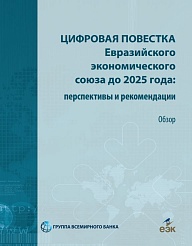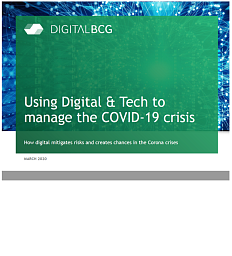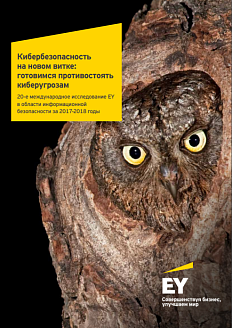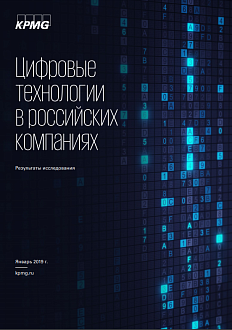In 20162017, the Eurasian Economic Commission (EEC) and the World Bank Group conducted a joint study to research the international experience and develop recommendations to maximize the economic impact of the development of the digital space and the implementation of the Digital Agenda of the EAEU. Implementing the Digital Agenda was identified as a priority area required for developing all other lines of activity of the EAEU, where the Russian Federation presides in 2018.
This overview report by EEC and the World Bank Group analyzes the experience of implementing digital technologies in other regional associations, in particular, the European Union (EU), the Association of Southeast Asian Nations (ASEAN), and the Gulf Cooperation Council (GCC). The experience of these associations was used in developing a common vision and the main directions of the Digital Agenda of the EAEU, whose digital economy is currently in a period of transition, as well as in understanding the possible results and achievements that should be sought when implementing the Agenda. In addition, the study analyzed existing national digital initiatives of the EAEU member states and concluded that it is extremely important to develop a common coordinated approach in order to ensure the expected benefits at the level of the Union.
.png)
The priorities for the implementation of the EAEU Digital Agenda 2025 are: approval of the concept and strategy of the EAEU digital transformation; approval of the governance structure for implementation of the Digital Agenda 2025; creation of an investment fund; harmonization of the legal and regulatory framework; development of cross-border telecommunications, cybersecurity, electronic identification, and logistics systems. The active transformation of the EAEUs internal market based on digital technologies to create a single digital space in e-commerce, customs, and logistics systems is extremely important in line with global digitalization and for the achievement of the EAEUs social and economic objectives.
In the course of the study, international experience was analyzed, the existing national digital initiatives of the EAEU member states were reviewed and the economic impact of the development of the digital space of the EAEU and the implementation of the Digital Agenda was assessed. In cooperation with the World Bank experts, key recommendations were also developed for the implementation of the Digital Agenda of the EAEU by 2025, which are: to create the institutional and legal basis for the Digital Agenda; to allocate sufficient financial resources; to launch programs to increase the overall level of the digital skills and digital literacy among broad sectors of society; to deploy new telecommunications services, including widespread broadband internet access.
The study concluded that it was important to develop a common coordinated approach to the framework of digital development at the national and union levels for obtaining maximum effects (digital dividends) for all participants. The creation of the digital space of the EAEU will make it possible to achieve synergies from the implementation of a regional digital agenda. Indeed, the implementation of the joint Digital Agenda is expected to lead to overall economic growth, increased employment in the ICT industry and in the EAEU as a whole and enhanced productivity in priority fields.
This publication has been posted in the Roscongress Information and Analytical System on the recommendation of the Roscongress Foundation expert community.






